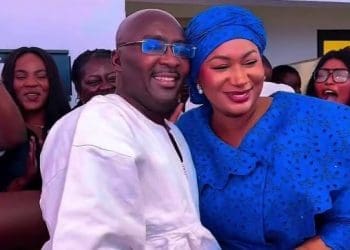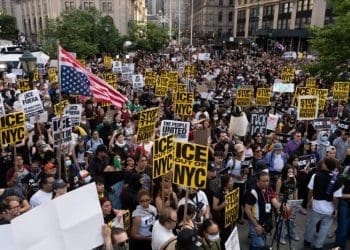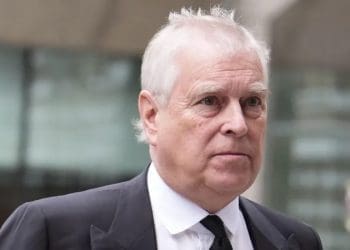Former Vice President and presidential candidate of the New Patriotic Party (NPP) for the 2024 general election, Dr Mahamudu Bawumia, has appealed to the government to grant a state burial to Ghanaian highlife legend Daddy Lumba.
Dr Bawumia made the request during a visit to the late musician’s residence to commiserate with the grieving family.
He also pledged the NPP’s support for funeral arrangements, while praising Lumba’s enduring influence on Ghana’s music culture.

Dressed in black mourning attire, Dr. Bawumia reflected on Daddy Lumba’s illustrious career and national stature.
He described the musician’s death as a huge blow not only to the music industry but to the entire country.
Dr Bawumia explained that Lumba’s legacy transcended entertainment, helping to unite Ghanaians through his music.
While expressing sympathy to the family, the former Vice President highlighted the importance of honouring a life that shaped Ghana’s cultural identity, adding that such a gesture would immortalise Lumba’s name and contributions.
Dr. Bawumia also assured the family of the party’s support during the funeral period, reaffirming the NPP’s commitment to upholding Lumba’s memory with dignity and respect.

Though no funeral arrangements have been finalised, his visit added to a growing cascade of tributes by public figures and institutions.
Meanwhile, thousands of Ghanaians assembled at the Independence Square on the night of August 2 to honour the late music legend.
to honour the late music legend.
This candlelight vigil was a poignant tribute to one of the country’s most cherished artists, whose melodies have resonated with generations.
Daddy Lumba died at The Bank Hospital, located in Cantonments, Accra, in the early morning hours of July 26, 2025.
Meanwhile, a set of candlelight, song, and sorrow flooded Accra’s Independence Square on the night of August 2, 2025, as thousands of Ghanaians gathered for a solemn vigil in memory of the legend.
The emotionally charged tribute to Ghana’s most beloved musical icon was a poignant celebration of a life that deeply shaped the nation’s cultural identity.
Clad in black and red, mourners filled the square with the sound of his timeless hits—from Aben Wo Ha to Yentie Obiaa—sung in unison as tears rolled down their cheeks.
His face, beaming across giant digital screens, watched silently over a grieving nation that had made his music the soundtrack of its collective life.
The event drew a mammoth crowd: fans, young and old, fellow musicians, political leaders, clergy, and dignitaries—all united in their shared sorrow and admiration.
Candle flames flickered against the night sky, illuminating tear-streaked faces and echoing a national pain too deep for words.












